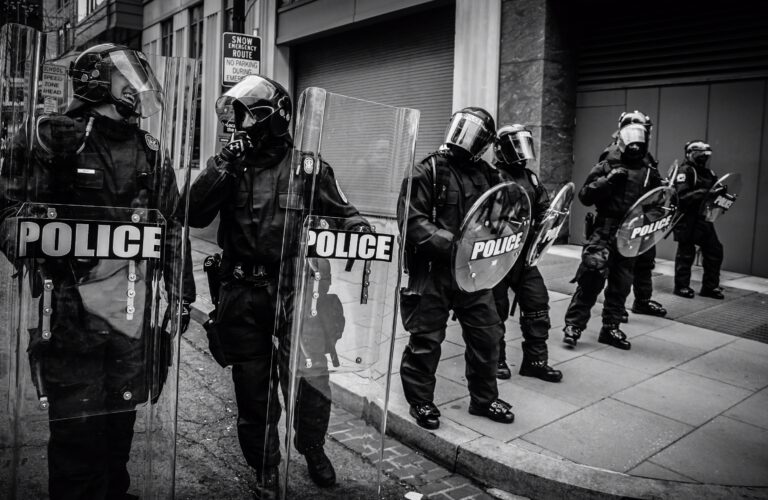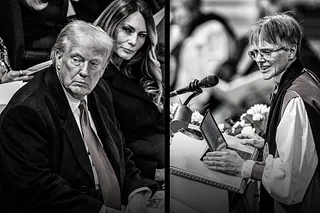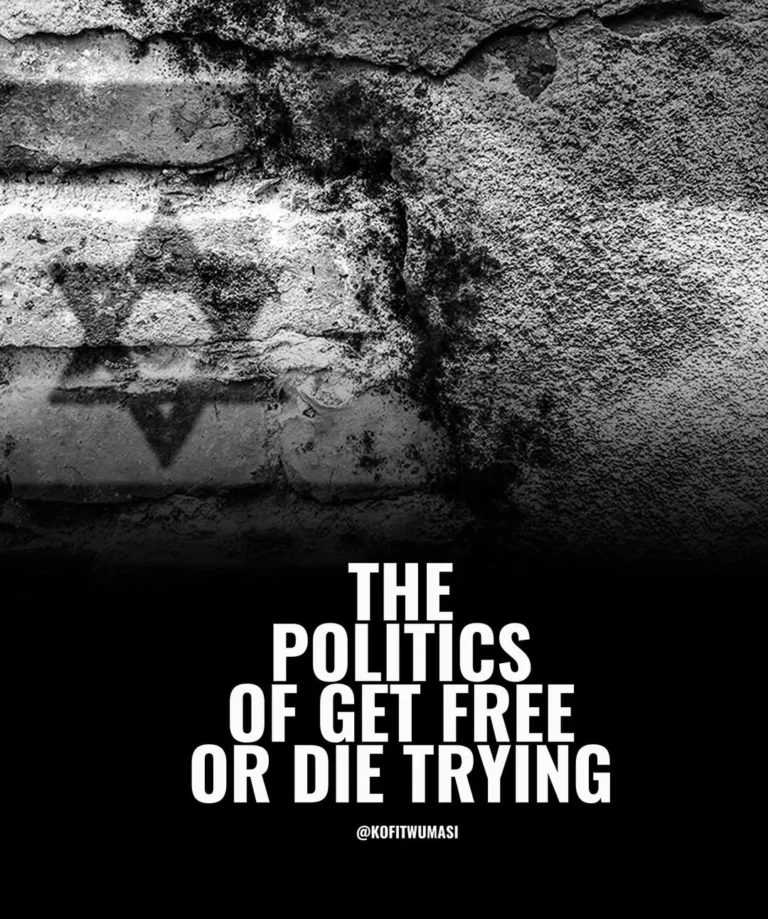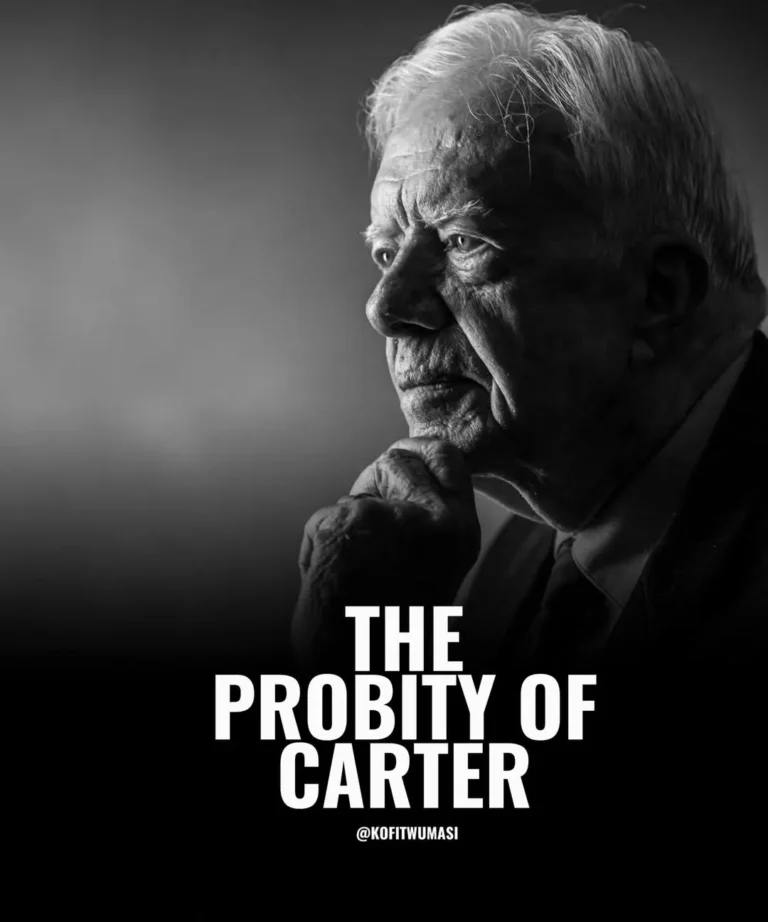Preface:
I was a recipient of a message from a person (whose name shall be concealed in anonymity) who retorted to a short post I penned on the miseducation of the political by religionists.
The inquirer, against the backdrop of my short post, established a linkage between my truncated column and an inward query, pressing on their heart.
Summoning the brazen fortitude to engage in a disquisition, the person genuinely aimed to elicit a sentiment from me on how the political, as cited in my short column, could have been cultivated at a religious event she attended, themed around: “Heaven is Real.”
Upon receipt of the inquiry, I informed the said individual to furnish the gambits that were treated, and the primacy of the messages deployed, to enable me to render a constructive retort.
Upon scrupulous cogitation of her personal review of the event, in tandem with my perusal of the program, I reverted accordingly with a cautious and objective reply.
The retort—rendered originally via cell phone text—has been alchemized into a thick piece article below, and redacted in a few parts to conceal the person’s identity.
My sentiments were constructed and anchored, to avail to the questioner, the symbiotic relationship, in which the political cross-pollinates with religion, despite the contrary.
—————
The tenor of any event is carved by its thematic core. A theme may be trivial to an event’s in-group attendees but paramount for a conceivable out-group attendee with no linkage to the event—if discipleship is the tunnel vision of the organizing thespians.
An ecclesiastical setting is behooved, when choreographing a seismic event, to let an objective orientation be the moral compass for fleshing out a theme and its supportive tenets, to address the spiritual and profane elements that build the human psyche.
Dynamism must be the standard.
As expressed by a myriad of faithful expositors, a person must resist the impulse of being “heavenly-minded and devoid of earthly good.”
One’s spiritual fitness is not measured by religious perfection or compliance to rules, rather, one’s spiritual regimen is rooted in their deeds to be a robust and genuine witness to the other in this cosmos; the world is not our home, but it is our calling.
Religion is a neutral utility—it can be used to oppress or liberate.
The theme “Heaven is Real,” selected in good faith, I presume, conceivably was aimed to drum up a sense of solemnity, to amplify an ethereal odyssey for its parishioners—a theology steeped in the preparation of an eschatological fate, of a kingdom, greater than our present habitation in this cosmos.
Contentiously, the theme could be pegged as a non-contemporary mantra: a moniker in lockstep with a strand of theologizing that is seeped in the contours of religious dualism—fearmongering in one silo and hope-mongering (realism) in the other silo.
Fearmongering could be an alarming verbiage for a parishioner within the in-group of a faith orthodoxy, but a concrete purview for an out-group member who is detached from any faith persuasion, either unchurched or de-churched.
The dissonance between fearmongering and realism (healthy), is a revelation, only unmasked through the threshold of objectivity—which is periodically bereft in the mundane in-group parishioner, as faithful parishioners are invariably susceptible to the cognitive bias of belief, which has pillaged a myriad of parishioners from seeing the blemishes in their own faith experience.
The theme “Heaven is Real” has an apocalyptic undergirding, armed with a political subtext, that lapses in its presentation.
The malady, with the theme’s packaged presentation, nestles in its terminological affixing, of the political as a metaphysical reality, and not as an existential political tangibility in this cosmos.
This shortsightedness is not an achilles heel solely woven into one particular faith tradition; it is a foible rampant in a variegate of religious experiences housed in Africa and, by extension, a trait simultaneously found in conventional parishioners of any faith persuasion, on any geographic terrain.
The African strand of religion—though not solely endemic to Africa—visualizes the political as a regimen to empower the human personality for a metaphysical hamlet, bereft of civic responsibility in the contemporary macrocosm.
“Heaven is Real” is an emblematic theme of a religious praxis, which has employed selective verbiage to accord a one-sided portrait of the apocalypse.
The apocalypse, however, is a political realism.
While a seismic number of faith orthodoxies are fixated on the political of foretelling, they equally miss the solemn political tangibility of forth-telling—the civic duty to remonstrate against the underbelly of unruly dispensations.
Heaven is an elastic verbiage that has been monopolized by religionists, with an insular focus, to delineate a world to come—and while laudable, that same lexicon can be employed, to metaphorically ignite humanity on earth, to spawn a universe where the trappings of balanced equity can emerge.
The utopian vision religionists have futuristically gazed upon about heaven can be an equal yearning for this macrocosm.
The human personality, with its deftness, can concoct a heaven on earth where infrastructure and regimens are constructed, to furnish equal footing opportunities, for all citizens coveting a purposive life.
Heaven has become a romanticized terminology in part, due to the grandiloquent rhetoric inked in sacrosanct religious canonicity. The outlay? Heaven as a reality on earth has become a fictitious construct only conceivable in the figment of the mind.
The authors of the religious texts deftly employed utopian language, in good faith, to actualize heaven as a profound destination—the downside, the transgression of the human personality (the religionists), becoming anemic and callous to the insufferable plight nestled in the contemporary ecology.
The poetry delineated of heaven as a locus bereft of affliction, has concocted a purview of resistance toward the expenditure of one’s chakra in the civic affairs in this macrocosm.
The contention of soldiering on earth, with its permeation and halo of despair, is considered chaff when the parchment of religious texts has definitively promised a haven, absent of the undesirable trinkets of this universe.
Howbeit, if heaven is only viewable by religionists through idolized language, it is starkly unjust. Heaven is not solely a lexicon exclusively owned by religionists, it is a verbiage that can be extendable to the secular domain.
The Webster dictionary expands the definition of heaven to any place where “enjoyment and pleasure can be found.”
Webster’s definition makes a compelling insight—that wherever a state of clover can be generated, heaven is tangible.
Notwithstanding, to buttress Webster’s definition, the myopic characterization of heaven that religionists fail to acknowledge is Matthew 6:10, which cites, “Thy kingdom come…on earth, as it is in heaven”—a testament that God’s sovereignty is not confined to the heavens that will reign after this world, but it is simultaneously a kingdom that extends to this present cosmos.
The Kingdom of God, as defined in Matthew (6:10) is indicative, of how the human element possesses dual citizenship (i.e., the kingdom of the world to come and the kingdom of the present cosmos), and, if one’s spirituality is to be in alignment with God, one’s deeds must not only be befitting solely for the metaphysical heaven of eternity, but it also must be suitable for the present domicile of planet earth: one’s deeds, must be active in exercising a heaven on earth that is palatable for all its citizens.
The theme “Heaven is Real” may be depleted of contemporary thematic wizardry and balladry, but prescribed with realism, it could be the anchor for tethering one’s ethereal stewardship into the ring fight for socio-political equity.
Heaven is only real if our view of heaven acknowledges the political deed of waging civic responsibility that forges equal opportunities for all.
The ethic of charity, an orientation overwhelmingly undertaken by religionists, while invaluable, can be actualized as a passive demonstration of deeds that is deafening: charity only yields temporary bandages—for the disenfranchised—but it does not yield the permanent panaceas that can be contrived from civic legislation.
The political dispensation necessitates active civic members of the elective franchise, to denounce governments and systems that unfairly target the wretched.
Heaven is real—only if its interpretative tentacles are stretched to the reality of the political, to stimulate the pious human personality to make a foray into the civic domain.








